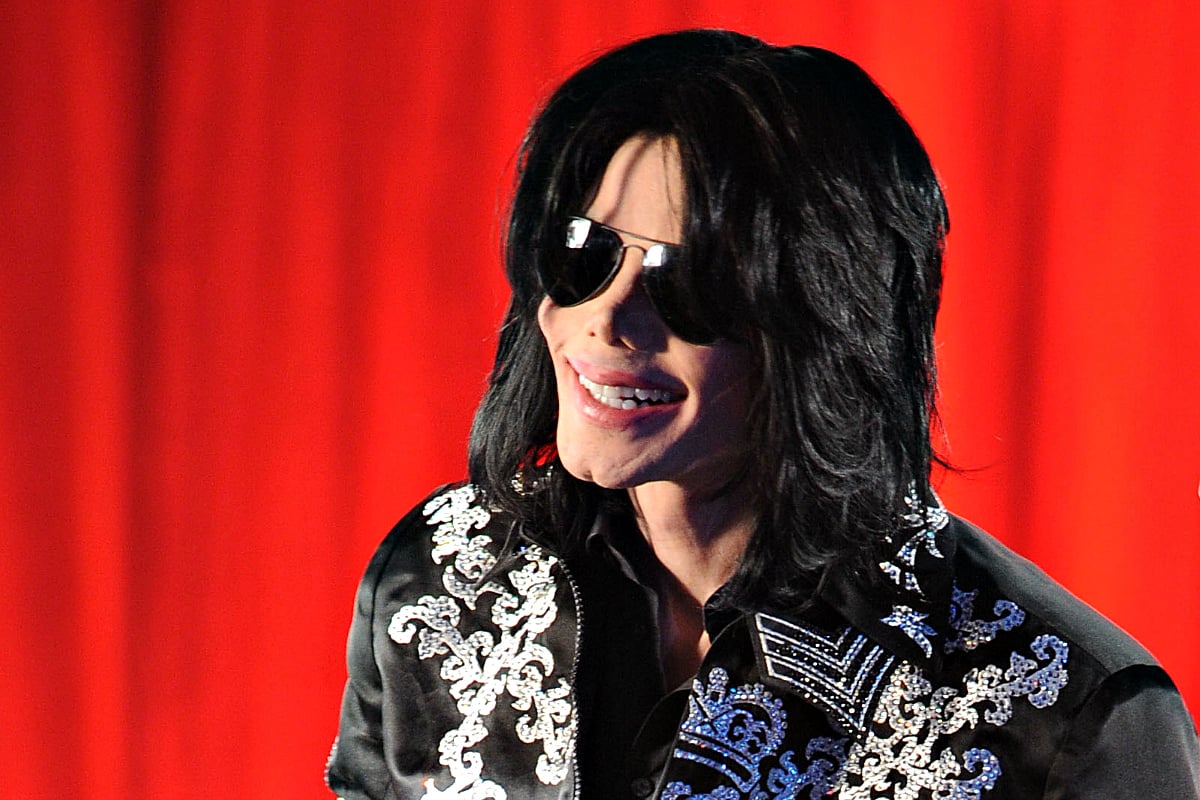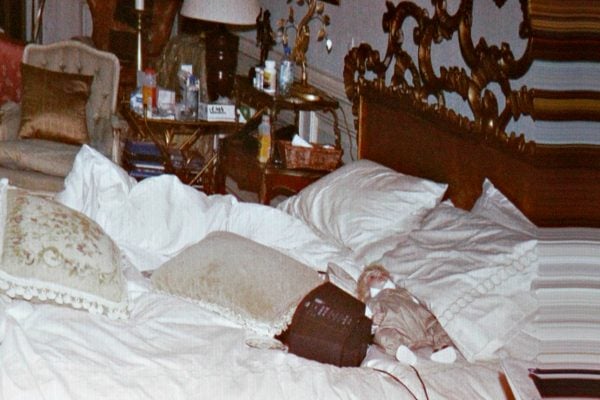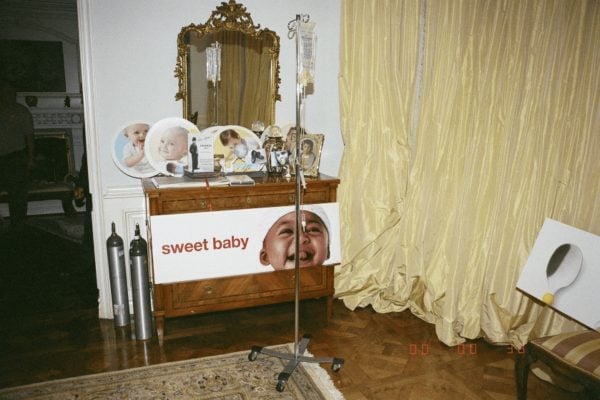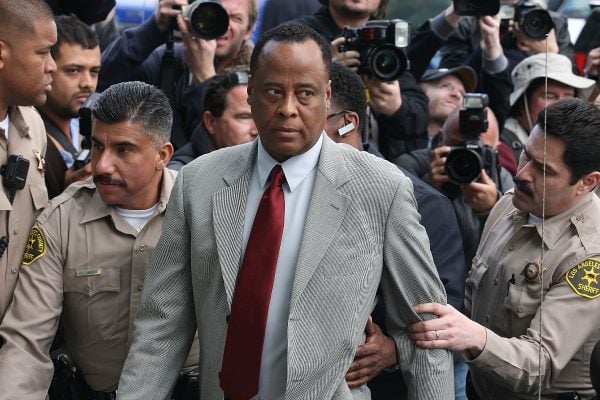
“I need an ambulance as soon as possible, sir. I have a… we have a gentleman here that needs help. And he’s stopped breathing.”
It was 12:21 p.m. PST on June 25, 2009, when one of Michael Jackson‘s security guards phoned emergency services. The ‘King of Pop’ was lying unconscious in bed at his rented Los Angeles mansion, just hours after returning from rehearsals for his This Is It tour.
Panic gripped the household. Earlier, Jackson’s children, Paris, 11, and Prince, 12, had walked into the bedroom as their father’s personal physician, Dr Conrad Murray, attempted to revive him. “Daddy!” Paris cried, before being quickly shepherded away.
Paramedics arrived within minutes of the call, and the singer was rushed to nearby Ronald Reagan UCLA Medical Center.
By 2:44 p.m., tabloid website TMZ broke one of the biggest stories of the decade: “We’ve just learned Michael Jackson has died. He was 50.”
In the decade since that day, the complicated story of Michael Jackson’s death has been told through news reports, documentaries and a televised court case against Conrad Murray, who was ultimately convicted of involuntary manslaughter.
Here’s what’s been uncovered about what unfolded.




Top Comments
“I did not kill Michael Jackson. He was a drug addict”
Yeah - you were his dealer. Propofol is for use in the operating theatre, it's not a sleeping drug! Damn right you killed him.